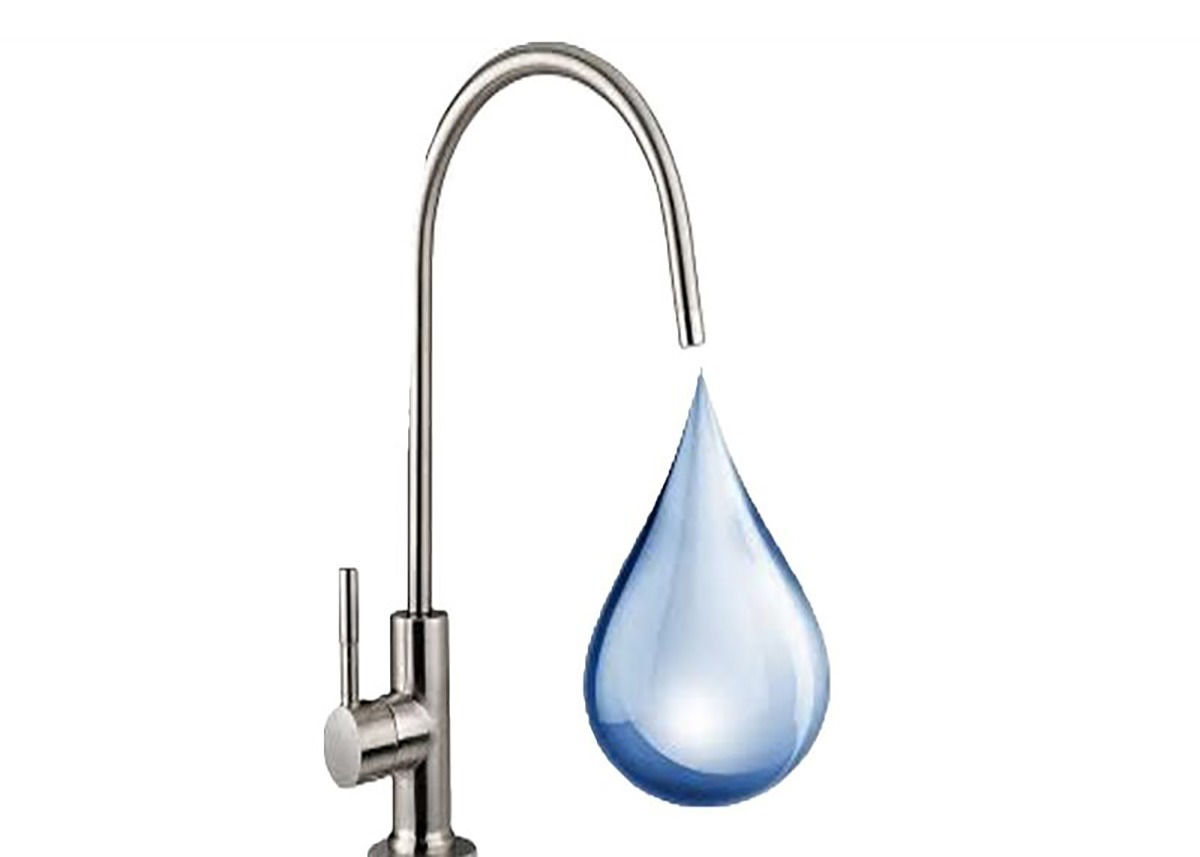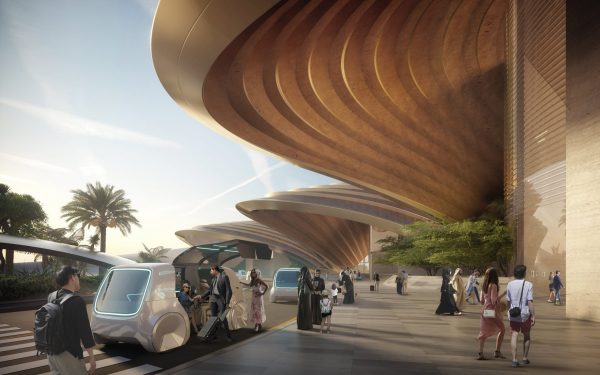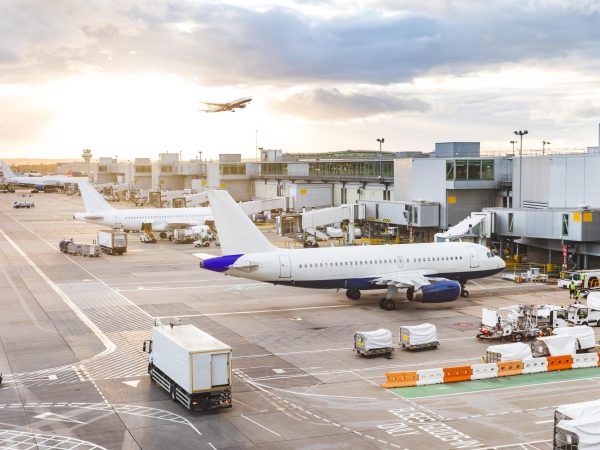Water Efficiency: Saving Water, Energy, and Money
Green

May 21, 2020, 8:22 am
By: Samar Hamad
The global water demand (for agricultural, industrial, and municipal/domestic uses) is continuously increasing due to the rapid population growth, the change in their socio-economic characteristics, and water consumption patterns. According to the UN World Water Development Report 2019, the global water consumption has been annually increasing by approximately 1% since the 1980s. This steadily increasing rate is anticipated to continue over the next decades resulting in up to 30% increase in water use by 2050. Accordingly, adopting water efficiency measures is key to meet the increasing demand for water. This is significantly important in this era of global climate change that may lead to drought, flooding, and increase in air temperatures; all of which have direct impact on the global/regional water supply.
Why Water Matters
Although 70% of Earth’s surface is covered by water, water is considered a finite resource. Only 0.3% of the water on Earth is actually usable by humans. Salt water comprises 97.5% of Earth’s water and more than 2% is not available for human use (glaciers/icecaps, soil moisture, water floating in the atmosphere, etc.). Furthermore, the water available for human use is not evenly distributed around the globe and a small portion of it is actually attainable. The UN-Water reported that 2 billion people are currently living in water-stressed regions and 4 billion people experience seasonal water scarcity. The risk of water scarcity is becoming a common issue particularly in regions with low water supply and higher population.
Water Efficiency in Buildings
The building sector is one of the major consumers of the Earth’s freshwater supply. Responsible approaches to building water management are necessary to conserve water and explore more efficient water use patterns. The term water efficiency is often used interchangeably with water conservation; however, each term offers a different water saving approach. While water conservation aims at minimising water use, water efficiency uses innovative technology to reduce water waste.
- Water efficiency: It is the use of minimum amount of water to accomplish more functions/tasks. water efficiency relies on water saving technologies to use water in a smarter way (i.e. water-efficient products, fixtures, and appliances).
- Water conservation: It involves changing behaviour and habits to reduce water use (i.e. turn off the water tap when brushing teeth, run washing machines with full loads only, etc.).
Numerous ways have been developed to increase water efficiency in buildings. Installing low-flow fixtures to save water, using grey water for landscape irrigation, adding rainwater harvesting systems for laundry and toilet flushing, and using stormwater/recycled water for cooling towers can significantly lower water consumption. Other measures can be considered to enhance the efficiency of the water system such as adding pressure-reducing valves to lower the water pressure, properly insulating the hot water pipes to prevent heat losses and minimise water waste, and performing regular preventive maintenance to repair leaks and prevent dripping. Smart green building technologies such as micro-drip systems for landscape irrigation and sensors to detect water leaks in the pipe system can further improve water efficiency in buildings. However, educating the building users/occupants to use water more responsibly is critical to encourage more efficient water consumption patterns.
Water, Energy, and Money Savings
Considering the current climate change concerns, the limited global supply of water, and the high cost of energy, a holistic approach to conserve water resources and cut cost at the same time is required. An average of 20% savings in buildings’ water consumption has been estimated by the US Environmental Protection Agency (EPA) when installing water-efficient products, fixtures, and appliances. The efficient use of water can reduce the energy required for water treatment and delivery systems. According to the EPA, water efficiency technologies in buildings can reduce the energy consumed for water heating by 25%, leading to lower water and energy bills. Furthermore, water efficiency can significantly lower the costly investment needed to develop large water treatment plants and delivery systems. In sum, water efficiency is an energy efficient and cost-effective way to ensure reliable supply of water for today’s world and sustainable water supply for future generations.
More information is available at:
UN-Water Website: https://www.unwater.org/
UN World Water Development Report 2019, retrieved from: https://www.unwater.org/publications/world-water-development-report-2019/
U.S. Environmental Protection Agency (EPA) Website: https://www.epa.gov/










